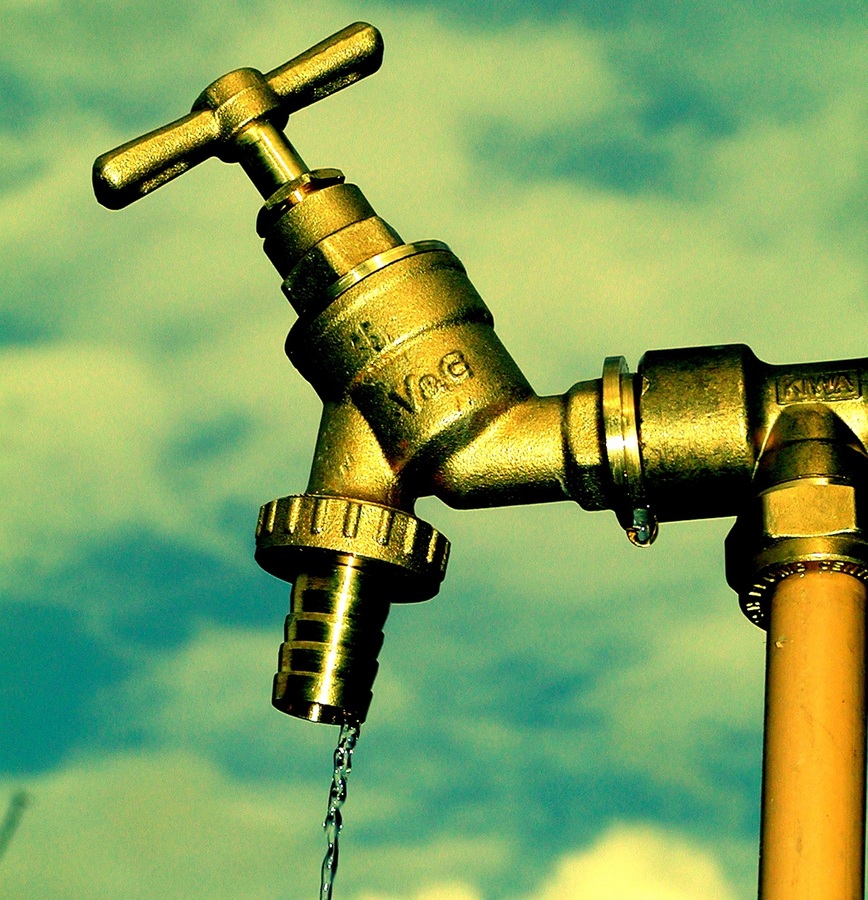Almost every household has experienced plumbing problems in their home at least once. Some issues result from the wear and tear of plumbing equipment or old fixtures, while others come with how you use and maintain your plumbing systems.
Plumbs Up Plumbing & Drains Innisfil, ON, offers quick and affordable solutions to all plumbing issues at home.

Here are some of the most common problems you are likely to encounter:
Your pipes may start leaking due to any of the following reasons:
Leaky pipes are a sensitive matter that should be addressed quickly. Failure to resolve water leaks soon after you notice them can lead to high water bills and water damage in your home.
As a result, we recommend contacting a plumber near you as soon as you notice the following signs:
The demand for plumbers in the UK has been consistently high in recent years due to the growing need for housing and infrastructure development.
A faucet that keeps dripping long after you’ve turned it off can cost you significant amounts of money in water bills, not to mention water wastage. These drips may occur due to:
A regular plumber can direct you on choosing the right replacement for a worn-out o ring or washer.
If the replacement doesn’t resolve the issue, you can have an expert plumber inspect your plumbing system for underlying problems.
You can also use a drip calculator to check how much money you are losing because of that drip.
Read Also:
Kitchens and bathrooms are the most hard hit when it comes to clogged drains. A clogged drain can cause slow draining bathtubs or showers and make it impossible for your clothes washer or dishwasher to complete a cycle.
Trust us; you do not want to take a shower with water rising around your feet. Reach out to Inner City Plumbing if you need specialized help.
Look out for the following signs if you suspect you have a clogged drain:
No need to panic if you have clogged drains, though. A plumber can fix the problem quickly and restore the convenience you are used to.
Additionally, it might help to avoid the following causes of clogged drains around your house:
Most common water heater problems can be fixed quickly by an experienced plumber. They include:
If hot water does not come out of your hot water faucets when you turn them on, your gas-powered water heater might have a blown pilot light.
This is mostly caused by a faulty pilot control valve or thermocouple. Also, your heating element might need replacing if you have an electric water heater.
A noisy water tank could be an indication of sediment build-up at the bottom of the tank. If that is the case, your heating element might be burning the sediment.
You can resolve this by having your water tank drained and cleaned to remove soil particles and other deposits.
Your water tank may also turn noisy if your heating element is burning out. We recommend letting an experienced plumber replace your heating element to ensure efficiency and extend its lifespan.
Minor plumbing issues like a faulty faucet or sediment in your water tank may be easy to fix by yourself. However, you must know when a problem is best left to the plumbing professionals.